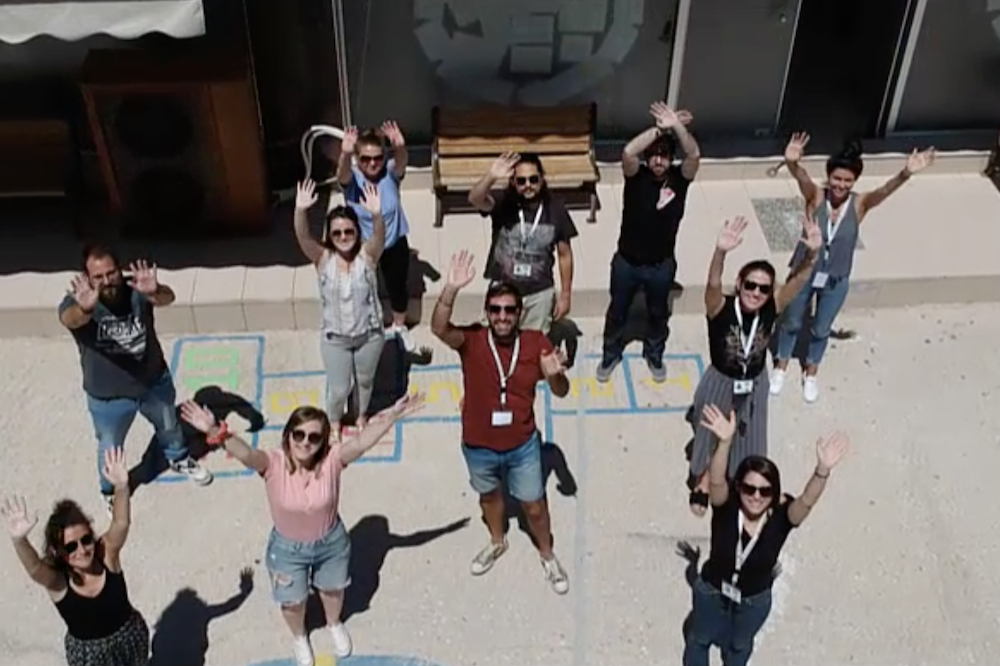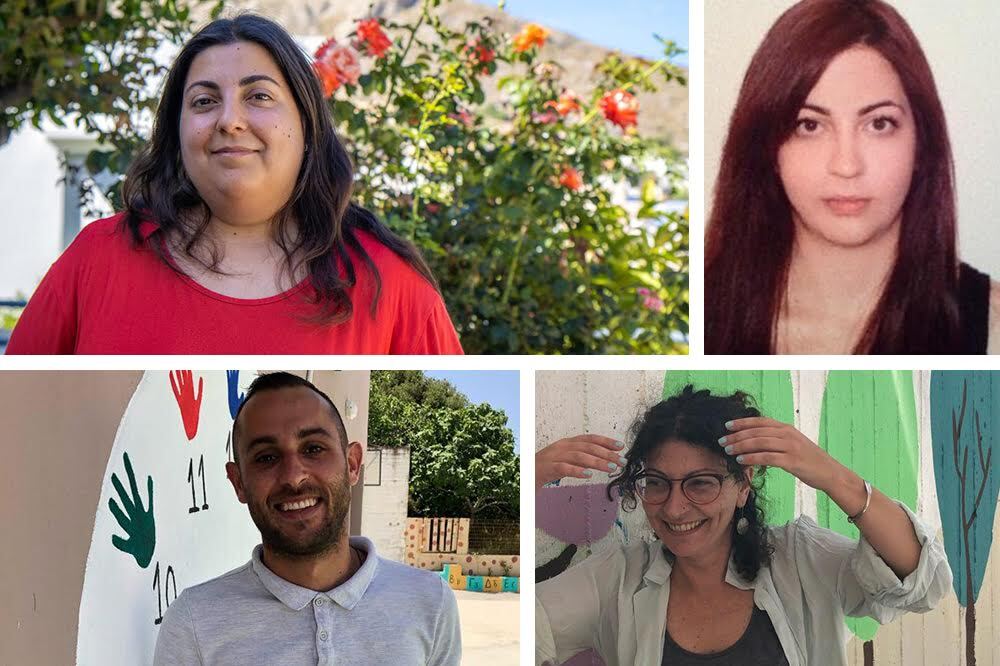The stats on refugees
There are 26m refugees, as well as 45.7m people displaced within their own countries and 4.2m asylum-seekers, according to new UNHCR statistics up to the end of 2019.
80% of refugees live in neighbouring countries. 57% of refugees come from three countries - Syria (6.7m), Afghanistan (2.7m), South Sudan (2.3m). The top refugee-hosting countries are Turkey (3.6m), Colombia (1.8m), Pakistan (1.4m), Uganda (1.4m).



